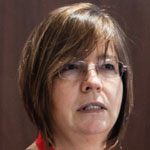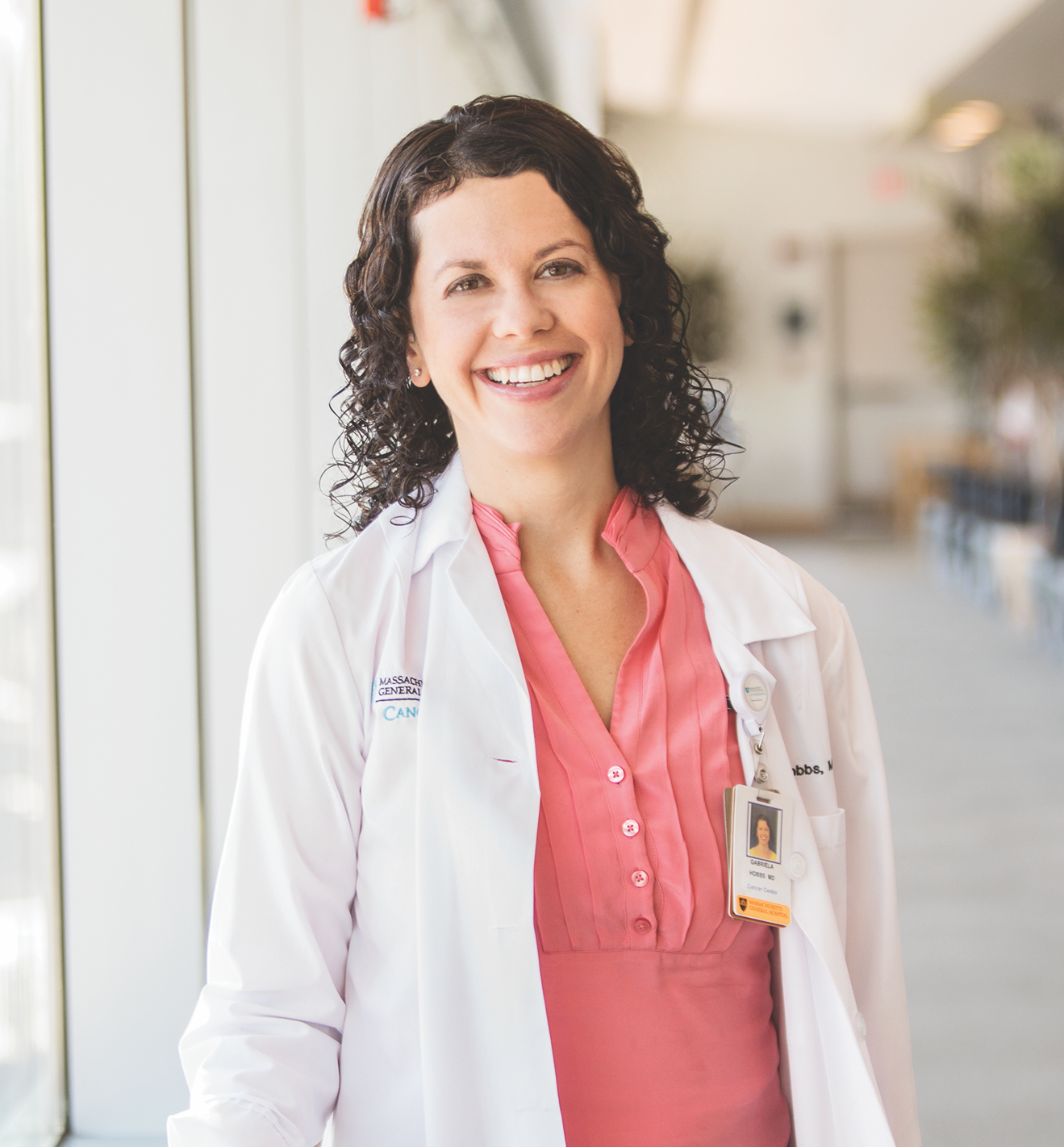 Claire Harrison, MD, DM, FRCP, FRCPath is a Professor of Hematology at the Guy’s and St. Thomas’ NHS Foundation Trust in London, UK. Prof. Harrison became a Consultant at the Guy’s and St. Thomas’ NHS Foundation Trust in 2001, where she is now a Clinical Director.
Claire Harrison, MD, DM, FRCP, FRCPath is a Professor of Hematology at the Guy’s and St. Thomas’ NHS Foundation Trust in London, UK. Prof. Harrison became a Consultant at the Guy’s and St. Thomas’ NHS Foundation Trust in 2001, where she is now a Clinical Director.
1. How did you become interested in hematology versus other areas of medicine?
Haematology captivated me as a student at Oxford I had the privilege of being taught by Prof Sir David Weatherall I think it was the opportunity to both bring science direct to the bedside and to look after patients with a chronic illness.
2. What have been the highlights in your career, specifically in the area of MPNs?
Working in an area you are passionate about with a fabulous team locally and many others.. the fantastic international community of clinicians and scientists and the strong partnership with patient communities and also colleagues in biotech and pharma who are pushing the boundaries to improve the lives of our patients.
3. As a female in this area of medicine, what advice would you give women grappling with career choices in hematology and medical research?
It’s the same advice regardless of gender…. Find something that you are passionate about, identify a mentor or two, don’t be afraid to admit if you don’t know always ask, balancing work and family life is a challenge but feasible keep looking for solutions.
 Claire Harrison, MD, DM, FRCP, FRCPath is a Professor of Hematology at the Guy’s and St. Thomas’ NHS Foundation Trust in London, UK. Prof. Harrison became a Consultant at the Guy’s and St. Thomas’ NHS Foundation Trust in 2001, where she is now a Clinical Director.
Claire Harrison, MD, DM, FRCP, FRCPath is a Professor of Hematology at the Guy’s and St. Thomas’ NHS Foundation Trust in London, UK. Prof. Harrison became a Consultant at the Guy’s and St. Thomas’ NHS Foundation Trust in 2001, where she is now a Clinical Director.  Dr. Hobbs is the clinical director of the adult leukemia service at Massachusetts General Hospital. Her clinical and research interests are myeloproliferative neoplasms and chronic myeloid leukemia.
Dr. Hobbs is the clinical director of the adult leukemia service at Massachusetts General Hospital. Her clinical and research interests are myeloproliferative neoplasms and chronic myeloid leukemia.